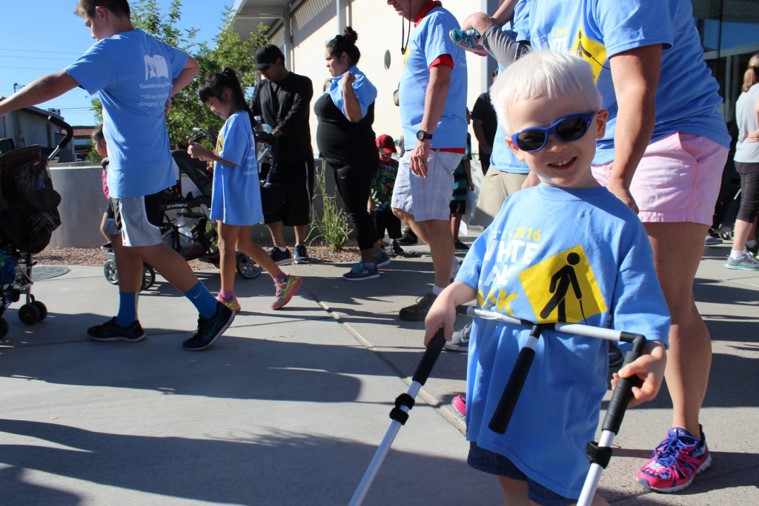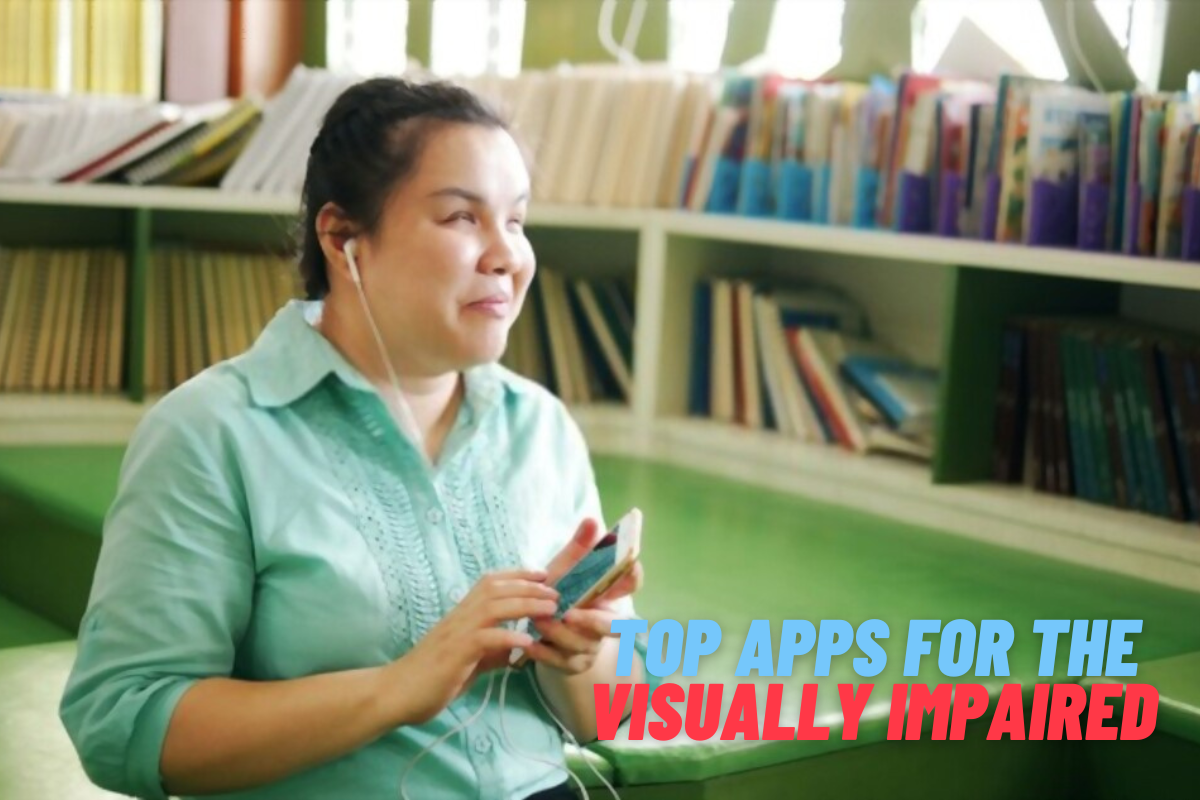Unlocking Potential: Solutions for Visually Impaired Children's Social Emotional Needs
Introduction
Visual impairment can profoundly impact a child's social and emotional wellbeing, as it affects their ability to participate in activities, form relationships, and interact with the world around them. This article will explore the challenges visually impaired children face and provide practical solutions to support their social and emotional wellbeing.
Challenges faced by visually impaired children
Isolation and Loneliness:
One of the biggest challenges faced by visually impaired children is isolation and loneliness, as they may struggle to form meaningful relationships with their peers. They may feel left out in social situations and find it difficult to join in with group activities. Imagine navigating a party or going to a restaurant without being able to understand your surroundings. Young people can easily get overwhelmed and may opt for a more solitary life in order to avoid stress. Over time This can lead to low self-esteem and a lack of confidence.
Access to information and educational materials:
Visually impaired children often face barriers when it comes to accessing information about social events and gatherings, not to mention simple educational materials. They may struggle to read print materials and may need additional support to complete schoolwork and homework. This can impact their ability to mingle with other people, making it difficult to make friends and further affecting their self-esteem.
Lack of independence:
Visually impaired children may struggle with their independence, as they are unable to see the world around them. They may rely on others for help with day-to-day tasks and may struggle to participate in activities that are taken for granted by their sighted peers. They may hesitate to ask for help and, at the time, may not be able to understand how to approach a friend who doesn't realize they need assistance.
Solutions to support the social and emotional wellbeing of visually impaired children
Encouraging participation in social activities:
One of the key ways to support the social and emotional wellbeing of visually impaired children is to encourage them to participate in social activities. They may feel overwhelmed at first. It is best to expose them to large gatherings a little bit at a time. This could include joining a sports team, music or drama group, or taking part in community events. Make sure to be mindful of their comfort and do not force them to sit the entire class; instead, gradually let them get used to a wide variety of activities. These activities provide opportunities for visually impaired children to interact with their peers, build relationships and develop their social skills.
Providing access to information and educational materials:
Another important solution is to provide visually impaired children with access to information and educational materials. This could include supplying Braille materials, audio books, or computer software that reads text out loud. This will enable visually impaired children to learn and participate in class, just like their sighted peers. Jaws, NVDA, and Narater are some of the screen readers that can be used on a computer.
 |
| Credit: Raising Arizona Kids |
Encouraging independence:
Finally, it's crucial to encourage visually impaired children to be as independent as possible. This could include teaching them to fix a snack for themselves or picking out their outfit for the day. Also, teaching them to use a cane or guide dog or helping them to develop their mobility skills. This will enable visually impaired children to participate in activities and explore their environment with greater confidence and independence.
Conclusion
Visually impaired children face many challenges when it comes to their social and emotional wellbeing. However, with the right support and encouragement, these children can develop strong social skills, positive self-esteem, and a sense of independence. By providing access to information and educational materials, encouraging participation in social activities, and promoting independence, we can support the social and emotional wellbeing of visually impaired children.




Great content and nicely summed up!
ReplyDeleteThank you SOO much!
Delete